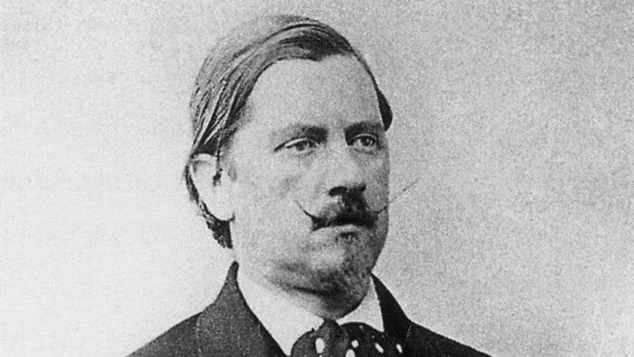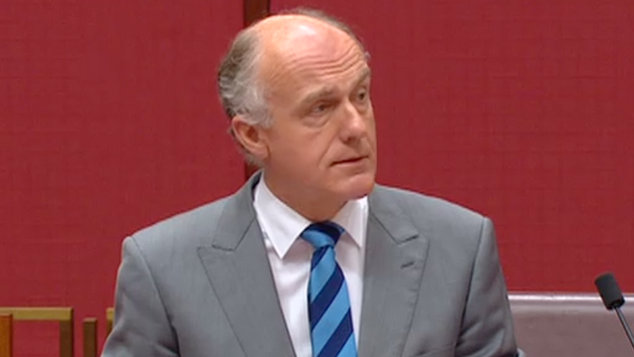Remembering Isabelle Lake
Isabelle Lake is remembered for her passionate advocacy for the rights of transgender people in Western Australia. Following her death at the age of just 21 she became the first transgender woman to be inducted in the WA Women’s Hall of Fame.
Lake, an LGBT activist, passed away on 28th February 2012 due to leukemia. Lake was an active member of the queer community who was particularly passionate about the rights of Western Australia’s transgender people.
When she was 18-year-old, Isabelle began living her life to the fullest, transitioning to her female gender. Isabelle made her transition with the support of her family, friends and the Freedom Centre.
A year later she developed an aggressive form of Leukemia that she and her family fought with vigor. In 2010 she resumed studies at UWA, studying Microbiology, Immunology and History with a passion and intellect that hadn’t sparked in her prior life.
Despite the incredible challenges she had already faced in her young life, it was during this time that Isabelle became an enthusiastic and effective voluntary worker with a range of organisations including the Freedom Centre, the WA Gender Project, Slut Walk Perth and the Equal Opportunity Commission. However, in November 2011 the Leukemia returned and despite another hard fight she succumbed on 28 February 2012.
Since her passing Isabelle has been inducted into the WA Women’s Hall of Fame on International Women’s Day in 2015, a memorial fund has been established in her name, and the annual Isabelle Lake Memorial Lecture has become a key point for discussions about transgender rights and advocacy.

Karl-Maria Kertbeny was born in Vienna in 1824
On this day in 1824 Karl-Maria Benkert was born born in Austria. He was the first writer to use the words homosexual and heterosexual. Prior to his writings people had been described as sodomites and pederasts. He also proposed that people who only masturbated should be called monosexual.
As a young man he worked as a bookseller’s apprentice, he recounted he had a young friend who was gay, when someone found out about his sexuality, they tried to blackmail the friend, who sadly took his own life rather than be exposed. When he was 23 Benkert changed his name to Kertbeny – which had more aristocratic associations.
After a stint in the army he began working as a journalist and travel writer, publishing at least 25 books. In the late 1860’s he began to write extensively about homosexuality, coining the term himself. While he publicly claimed that his interest was from an anthropological perspective, describing himself as “normally sexed”, his diaries revealed that he was most likely homosexual.
In his writing Kertbeny proposed that people who were same sex attracted were not possessed by the devil or evilness, rather gay people were born with their sexual attraction, and it was unchangeable. He also challenged the notion that gay men were effeminate and highlighted that many heroes throughout history were thought to be gay.
Kertbeny did not live to see his terminology become common use around the world, he died in Budapest in 1882 aged 58. In recent years the local gay community has placed a new tombstone at his grave, and it has become a part of their annual Pride celebrations to place a wreath at his resting place.

In 2017 Eric Abetz declared the rainbow flag was a symbol of a hostile nation
Australia’s long journey to marriage equality took many years and had many odd and unusual moments, and on this day in 2017 Liberal MP Eric Abetz described the Pride flag as being the symbol of a hostile nation.
Senator Abetz made the statement during a Senate Estimates Committee hearing.
The Tasmanian senator, who was a leading campaigner in the fight to stop marriage equality in Australia, quizzed officials from the Department of Finance about the protocols for flying a rainbow flag within a government building.
Senator Abetz said he had heard reports of the rainbow flag, which is a symbol of the gay and lesbian community, being displayed within the foyer of the Department of Finance. The Liberal MP said because some employees of the Department of Finance may be opposed to marriage equality it was only proper that an equal opportunity be given to a group arguing for the marriage laws to remain in their current state.
“To cut to the chase, there was the rainbow flag on display in the lobby which, believe it or not, some people see as an activist flag for a particular cause in relation to an issue of whether or not we should change the legislation on marriage and some people of course support that cause, others don’t.
“If that is allowed, then one imagines that the Marriage Alliance banner should be flown equally,” Senator Abetz said.
Things then took an unexpected turn when Senator Abetz went on to describe the rainbow striped Pride flag as the symbol of a “hostile nation”.
“This particular flag, you will realise, is the flag of the Gay and Lesbian Kingdom of the Coral Sea Islands, that declared war on Australia.” Senator Abetz said.
The accusation left pretty much everyone scratching their heads. Until some research revealed that back in 2004 a protest against the nation’s ban on same sex marriage was launched. A tiny uninhabited island in the coral sea was proclaimed The Gay and Lesbian Kingdom of the Coral Sea. Activist Dale Parker Anderson was proclaimed the emperor of the protest nation.
The protesters then declared war on Australia. They also chose Handel’s Zadok the Priest as their national anthem and released some colorful postage stamps. The nation claimed to be 100% homosexual and their main camp was named Heaven after the famous queer nightclub in London.
Senator Abetz’s claims that we were at war with an island nation filled with homosexuals coincided with a push from the Australian Christian Lobby to have the rainbow flag banned from flying on any public buildings.
OIP Staff, this post was first published in 2021.

Love OUTinPerth Campaign
Help support the publication of OUTinPerth by contributing to our
GoFundMe campaign.







